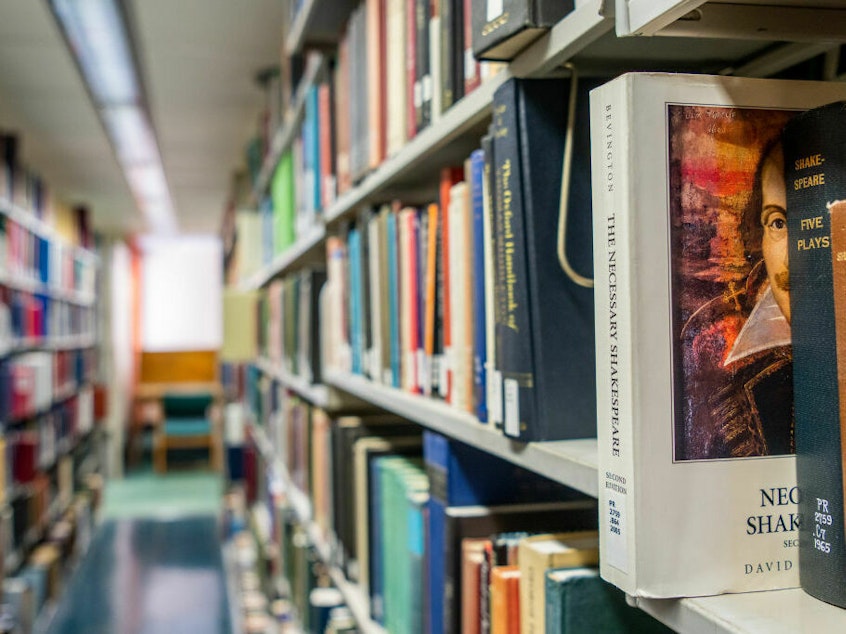A judge sided with publishers in a lawsuit over the Internet Archive's online library

A federal judge has ruled in favor of a group of book publishers who sued the nonprofit Internet Archive for scanning and lending digital copies of copyrighted books in the early days of the coronavirus pandemic.
The four publishing houses — Hachette Book Group, HarperCollins, John Wiley & Sons and Penguin Random House — accused the Internet Archive of "mass copyright infringement" for loaning out digital copies of books without the publishers' permission.
At issue is the National Emergency Library, a temporary online collection established in 2020 that lent digital books while brick-and-mortar libraries were closed during COVID-19 lockdowns. It operated from March 24 to June 16 of that year.
With its other online collections, the Internet Archive had been lending out one digital copy of a book to one reader at a time, but the nonprofit suspended that policy for the National Emergency Library, allowing many readers to borrow the same book at once.
The Internet Archive, which strives to provide "universal access to all knowledge," said its emergency online library was legal under the doctrine of fair use.
Sponsored
But on Friday, U.S. District Court Judge John G. Koeltl of the Southern District of New York sided with the publishers, saying established law was on their side.
"At bottom, IA's fair use defense rests on the notion that lawfully acquiring a copyrighted print book entitles the recipient to make an unauthorized copy and distribute it in place of the print book, so long as it does not simultaneously lend the print book," Koeltl said in his opinion.
"But no case or legal principle supports that notion. Every authority points the other direction."
Koeltl noted that the Internet Archive can still scan and publish copies of books that are in the public domain.
The Authors Guild, a professional organization for published writers, praised the ruling, saying that "scanning & lending books w/out permission or compensation is NOT fair use—it is theft & it devalues authors' works." The Association of American Publishers said the ruling reaffirmed the importance of copyright law.
Sponsored
The Internet Archive said it will appeal the ruling.
In a statement, Internet Archive founder Brewster Kahle suggested the judge's opinion would harm libraries, readers and authors.
"Libraries are more than the customer service departments for corporate database products," Kahle said. "For democracy to thrive at global scale, libraries must be able to sustain their historic role in society—owning, preserving, and lending books."
Authors have previously lobbed criticism at the Internet Archive, accusing the nonprofit of flouting well-established book lending rules and loaning out works without permission, thereby depriving writers of potential earnings.
The National Emergency Library was just one part of the Internet Archive, which is also known for its popular website archiving service, the Wayback Machine. [Copyright 2023 NPR]

